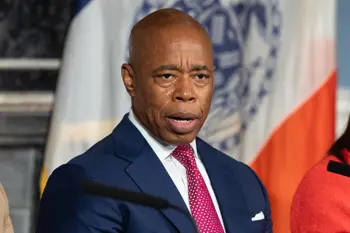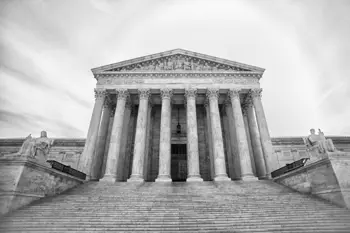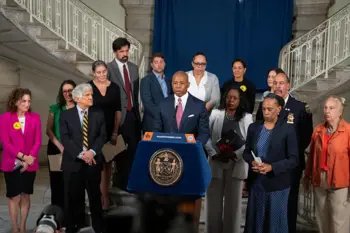Iowa has agreed to pause enforcement of its registry law until IFAST's motion for a preliminary injunction is heard March 5. If the injunction is granted, the law would be put on hold until the case is decided.
An Iowa vaping industry association, along with several individual businesses, has filed a lawsuit to stop the state from enforcing its PMTA registry law, which is scheduled to begin in February 2025. The law would shut down most or all specialty vape stores in the state.
Like most PMTA registry bills, Iowa’s HF 2677 was created and promoted by one or both of the tobacco companies Altria and R.J. Reynolds to protect sales of cigarettes and their own ineffective (but FDA-authorized) vaping products. It creates a registry of vapes legal in the state, which is intended to make enforcement against “unauthorized” products simpler.
Bill HF 2677 was passed last April by Iowa legislators, and signed into law in May by Governor Kim Reynolds.
If enforcement of the new law begins as scheduled in February, consumers in Iowa will no longer have legal access to vape products except those few with FDA authorization and those with premarket tobacco applications (PMTAs) still under review by the agency. The law also bans the sale of all products made with synthetic nicotine unless already FDA-authorized (none are), and—unlike many similar registry laws—does not exempt products with marketing denial orders (MDOs) currently under appeal in federal court.
Vape companies say the law violates the U.S. and Iowa constitutions
The lawsuit, filed in the U.S. District Court for the Southern District of Iowa, seeks a preliminary injunction preventing the Iowa Department of Revenue from enforcing the law while the case is decided, and ultimately a permanent injunction blocking the law.
The plaintiffs allege the PMTA registry law violates the Supremacy Clause and the Equal Protection Clause of the Fourteenth Amendment of the U.S. Constitution, and the Equal Protection Clause of the Iowa Constitution.
“We are being legislated out of existence by the regulatory effects of HF 2677,” IFAST president and Route 69 Vapor owner Heather Glenn said in a press release. “Dozens of Iowa businesses are on the verge of being shuttered and their hard-working employees and their families will suffer the financial consequences of this legislative sop to Big Tobacco.”
The plaintiffs in the action are the Iowa industry association Iowans for Alternatives to Smoking & Tobacco (IFAST), Iowa vape businesses Global Source Distribution, Smokin Hot, Central Iowa Vapors WDM, and Route 69 Vapor, and Texas-based Triton Distribution.
IFAST and its co-plaintiffs are represented by Eric Heyer of the legal firm Thompson Hine. Earlier this month, Heyer argued before the Supreme Court on behalf of vape manufacturer Triton Distribution.
PMTA registry laws: Big Tobacco’s gift to vapers
Most PMTA registry (or directory) laws, like Iowa’s, are intended to block sales of popular vape products that compete with the meager offerings from Altria (NJOY) and R.J. Reynolds (Vuse).
The earliest registry bills appeared (and were passed) in Alabama, Louisiana and Oklahoma. Those laws are now being enforced. Wisconsin also passed a registry bill in late 2023, which will take effect in 2025.
The tobacco companies’ lobbyists went into high gear in 2024, introducing registry bills in over two dozen states. In addition to Iowa, four states—Kentucky, North Carolina, Utah and Virginia—passed standard registry bills in 2024, and Florida passed a less-restrictive registry bill. Most of those laws will take effect in 2025.
In addition to those states, legislators in 20 others introduced registry bills promoted by tobacco industry lobbyists.
PMTA registry bills have been most successful in Republican-majority legislatures, which are friendly to the tobacco industry. Democrat-majority legislatures tend to prefer flavor bans, which are promoted by tobacco control activists like the Campaign for Tobacco-Free Kids. Ultimately, both kinds of laws have the same effect: limiting nicotine consumers to unattractive products that don't compete effectively with cigarettes.
















